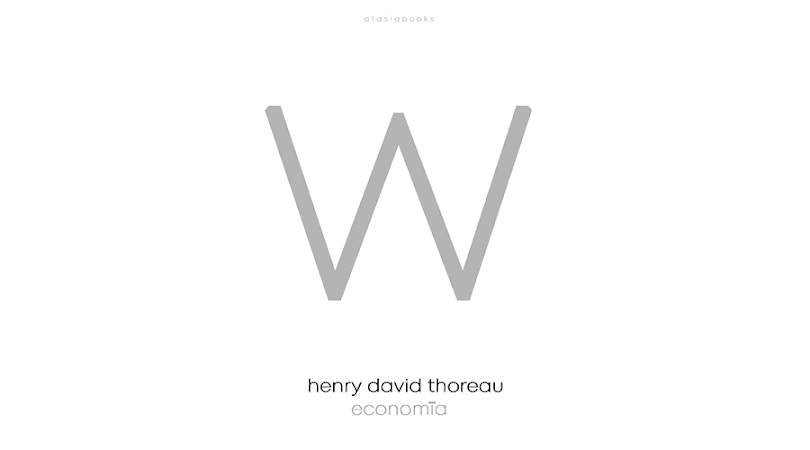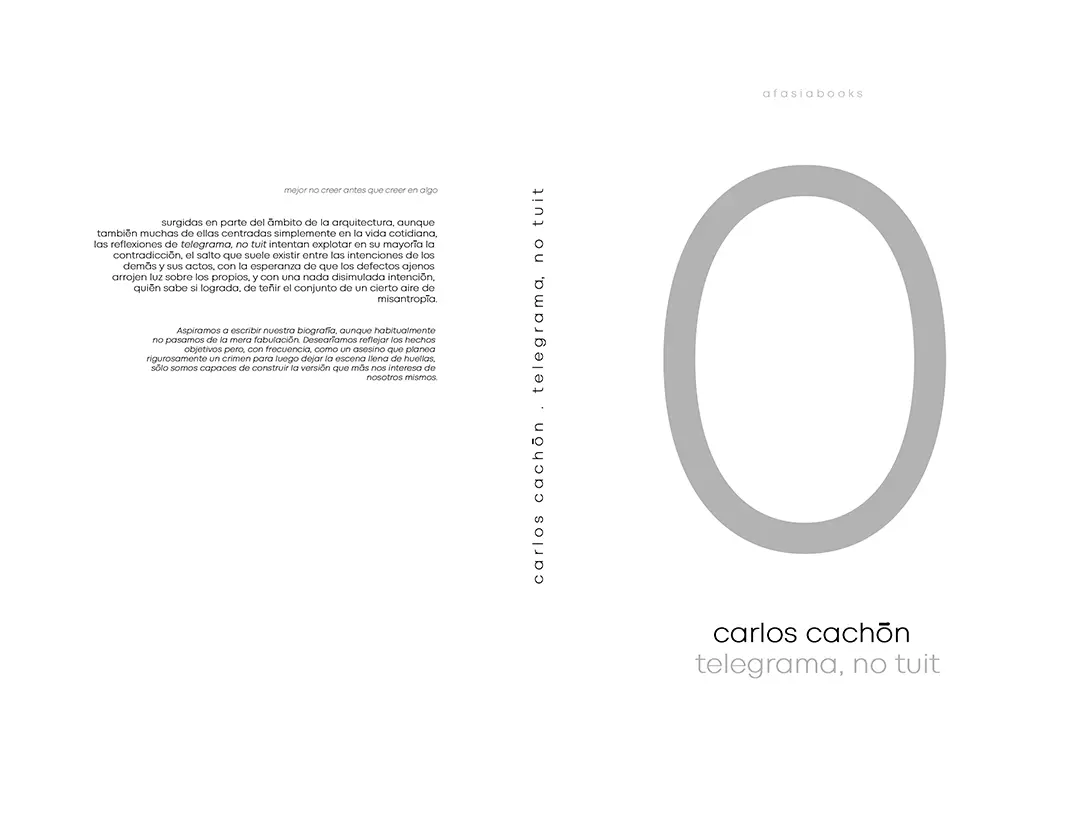
Aquí se construían casas con los materiales que la propia naturaleza suministraba para una raza más ruda y resistente que la actual, que vivía gran parte de su tiempo al aire libre. Gookin, delegado de asuntos indios en la Colonia de Massachusetts, afirmó en 1674: “Sus mejores casas están cubiertas y elaboradas con gran cuidado, de manera cálida y acogedora, con corteza extraída de los árboles en aquellas estaciones en que la savia fluye con fuerza, corteza a la que dan consistencia con la presión de pesados troncos… Las casas más pobres aparecen revestidas con unas esteras confeccionadas con ciertos juncos, y resultan tan compactas y cálidas como las anteriores, aunque no tan buenas… Las he visto de hasta veinte y treinta o más metros de largo por diez de ancho… Me he alojado en ellas a menudo y las he encontrado tan acogedoras como las mejores casas inglesas”. Añade que, generalmente, estaban cubiertas con alfombras finamente trabajadas y bordadas, y disponían de todo tipo de ajuar. Los indios habían alcanzado tal progreso que eran capaces de regular el viento que entraba por el respiradero del techo con una estera suspendida y accionada mediante cuerdas. Una vivienda así podía ser levantada en un día, o como máximo en dos, y se desarmaba y volvía a armar cuando fuese necesario en apenas unas pocas horas; y cada familia poseía una, o por lo menos una parte. Continue reading Henry David Thoreau


